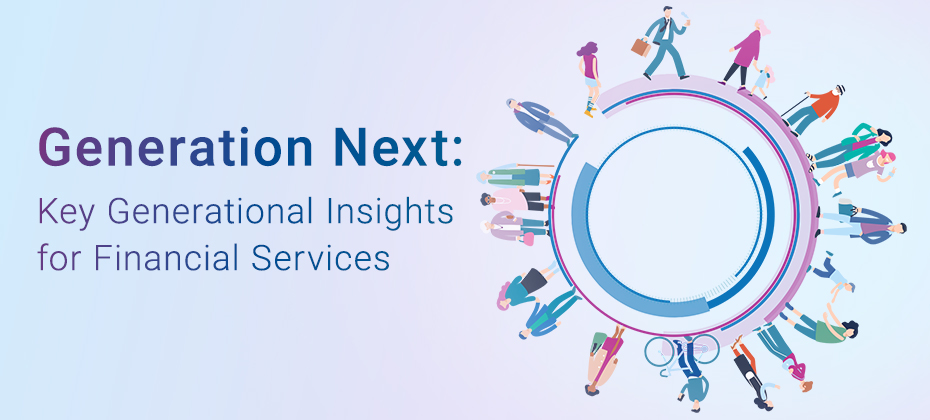
In today’s fast-paced and stressful world, financial wellness has become a critical aspect of overall well-being. For employees, financial stress can be a significant burden, affecting not only their personal lives but also their professional performance. For employers, the benefits of supporting your employees’ financial wellness are particularly compelling. By providing tools and resources to financially empower your workforce, you can create a more engaged, motivated, and stable team, ultimately driving organizational success.
Learn more about employee benefits from Experian
Why employee financial wellness matters
Employees don’t leave financial stress at home when they head to work. In fact, employees may spend over 8 hours a week at work worrying about their personal finances1. Financial wellness for employees is essential because a financially stressed workforce can be costly to your organization. A few negative consequences of a financially stressed workforce are:
- Higher healthcare costs: Financial stress can contribute to physical and mental health problems, increasing healthcare costs for both employees and employers. Employees report that financial stress has had a negative impact on their sleep, mental health, and physical health2. This chronic stress can lead to serious health conditions, resulting in higher medical expenses.
- Decreased productivity: Financial stress can lead to distractions and difficulty concentrating at work, resulting in lower productivity and efficiency. When employees are preoccupied with financial worries, they are less able to focus on their tasks, leading to decreased output and potentially impacting the overall performance of the organization.
- Increased absenteeism: Employees experiencing financial stress are more likely to take time off due to stress-related health issues, leading to higher absenteeism rates. This not only disrupts workflow but also places additional strain on other team members who must cover for absent colleagues.
- Lower morale and engagement: Financially stressed employees often feel less motivated and engaged, which can negatively impact team dynamics and overall workplace morale1. When employees are worried about their finances, they may become disengaged and less enthusiastic about their work. This lack of engagement can spread to other team members, creating a less positive and collaborative work environment. Prioritizing financial wellness for employees can help alleviate these concerns, ensuring they remain engaged and committed to their roles.
- Increased turnover: Employees under financial stress may seek higher-paying jobs or positions with better benefits, leading to higher turnover rates and increased costs associated with hiring and training new staff3. Additionally, frequent turnover can negatively impact team cohesion and morale.
Financial wellness programs benefit employees and employers
Employee financial wellness programs can help employees manage stress caused by financial uncertainty4. Offering your employees tools for financial success, such as financial management tools and identity theft protection, can provide numerous benefits, including:
- Enhanced productivity and focus: Financial stress can impact an employee’s ability to concentrate and perform effectively at work. By supporting financial wellness for employees, you can help reduce this stress, leading to improved productivity and focus.
- Improved employee engagement and loyalty: Employees who feel supported in their financial wellbeing are more likely to be satisfied with their jobs and remain loyal to their employer2. This can result in lower turnover rates and reduced costs associated with hiring and training new staff.
- Better financial decision-making: Employees who are equipped with financial management tools are more likely to make sound financial decisions, both personally and professionally.This can reduce the risk of financial mismanagement and contribute to overall stability and success.
- Attraction of top talent: Offering comprehensive financial wellness programs can provide differentiation in a competitive job market and enhance your brand as an employer. This can make you more attractive to potential employees, helping to attract and retain top talent.
How Experian Partner Solutions can help
Providing peace of mind and financial support to your employees can help both your bottom line and company culture. We offer a range of tools and resources to help you implement effective employee financial wellness programs. A few key ways we can help you support your workforce include:
- Financial management tools: Experian offers various tools for budgeting, saving, and financial planning. These tools empower employees to manage their finances effectively and achieve their financial goals.
- Comprehensive financial and credit literacy: Experian provides educational resources on budgeting, saving, investing, and credit management. These resources help employees improve their financial knowledge and make informed decisions.
- Identity theft protection and restoration: Experian offers services to protect employees from identity theft and assist in restoring their identity if it is compromised. This can provide peace of mind and reduce stress related to security of their financial identity.
- Credit monitoring and alerts: Employees can benefit from tools that monitor their credit status and provide alerts for any significant changes. This proactive approach helps employees stay on top of their financial health and address issues promptly.
- Device and data protection: We offer proactive digital privacy tools to help protect passwords and personal information while your employees are browsing the internet. This includes blocking unsafe websites and ads, and protecting employees’ identity in the case of a data breach.
Investing in employee financial wellness programs is not just a compassionate choice, it’s a strategic one. By addressing the financial stress of your workforce, you can help enhance productivity, reduce absenteeism, foster a more engaged and loyal team, and attract top talent. We provide the tools and resources needed to implement effective financial wellness programs, helping you support your employees’ financial health and, in turn, drive organizational success. Prioritizing financial wellness for employees is a win-win for both employees and employers, paving the way for a healthier, more productive, and resilient workforce.
[1] SoFi, The future of workplace financial well-being: 2024 employer & employee perspectives, 2024
[2] WebMD Health Services, Financial stress in the workplace: How to help employees cope, May 2023
[4] Paychex. (December 2023). How employee financial wellness program benefits small business.
This article includes content created by an AI language model and is intended to provide general information.


